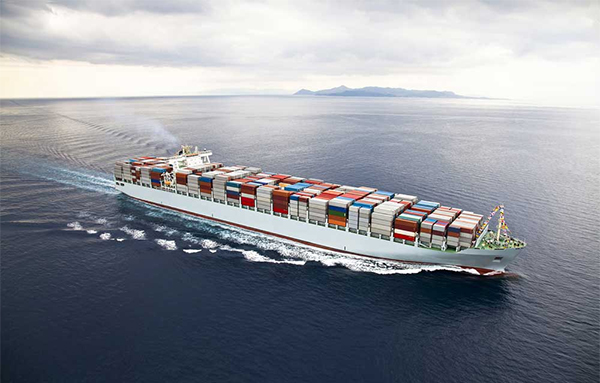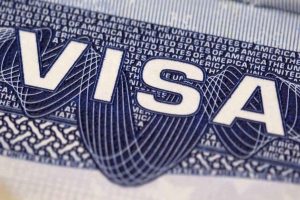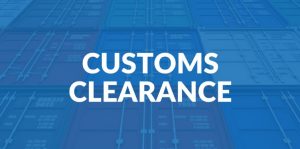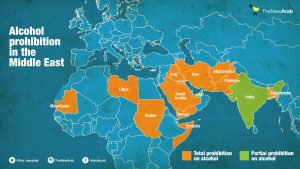• The Regulation of International Shipping
Merchant shipping is one of the most heavily regulated industries and was amongst the first to adopt widely implemented international safety standards.
Regulations concerning shipping are developed at the global level. Because shipping is inherently international, it is vital that shipping is subject to uniform regulations on matters such as construction standards, navigational rules and standards of crew competence. The alternative would be a plethora of conflicting national regulations resulting in commercial distortion and administrative confusion which would compromise the efficiency of world trade.
The shipping industry is principally regulated by the International Maritime Organization (IMO), which is the London based United Nations agency responsible for the safety of life at sea and the protection of the marine environment. The International Labour Organisation (ILO) is also responsible for the development of labour standards applicable to seafarers worldwide.
IMO has adopted a comprehensive framework of detailed technical regulations, in the form of international diplomatic conventions which govern the safety of ships and protection of the marine environment. National governments, which form the membership of IMO, are required to implement and enforce these international rules, and ensure that the ships which are registered under their national flags comply.
The level of ratification and enforcement of IMO Conventions is generally very high in comparison with international rules adopted for shore based industries.
The principal responsibility for enforcing IMO regulations concerning ship safety and environmental protection rests with the flag states (i.e. the countries in which merchant ships are registered – which may be different to the country in which they are owned).
Flag states enforce IMO requirements through inspections of ships conducted by a network of international surveyors. Much of this work is delegated to bodies called classification societies.
However, flag state enforcement is supplemented by what is known as Port State Control, whereby officials in any country which a ship may visit can inspect foreign flag ships to ensure that they comply with international requirements. Port State Control officers have the power to detain foreign ships in port if they do not conform to international standards. As a consequence, most IMO regulations are enforced on a more or less global basis.
• Personal injuries to passengers
Shipowners owe a duty of reasonable care to passengers. Consequently, passengers who are injured aboard ships may bring suit as if they had been injured ashore through the negligence of a third party. The passenger bears the burden of proving that the shipowner was negligent. While personal injury cases must generally be pursued within three years, suits against cruise lines may need to be brought within one year because of limitations contained in the passenger ticket. Notice requirements in the ticket may require a formal notice to be brought within six months of the injury. Most U.S. cruise line passenger tickets also have provisions requiring that suit to be brought in either Miami or Seattle.
In England, the 1954 case of Adler v Dickson (The Himalaya) [1954], allowed a shipping line to escape liability when a bosun’s negligence resulted in a passenger being injured. Since then, the Unfair Contract Terms Act 1977 has made it unlawful to exclude liability for death or personal injury caused by one’s negligence. (Since then, however, the so-called “Himalaya clause” has become a useful way for a contractor to pass on the protection of a limitation clause to his employees, agents and third-party contractors).
• Piracy
Merchant vessels transiting areas of increased pirate activity (i.e. the Gulf of Aden, Somali Basin, Southern Red Sea and Bab-El-Mandeb straits) are advised to implement Self-Protective measures in accordance with most recent Best Management Practices agreed upon by the members of the merchant industry, and endorsed by the NATO Shipping Center, and the Maritime Security Center Horn-of-Africa (MSCHOA)








